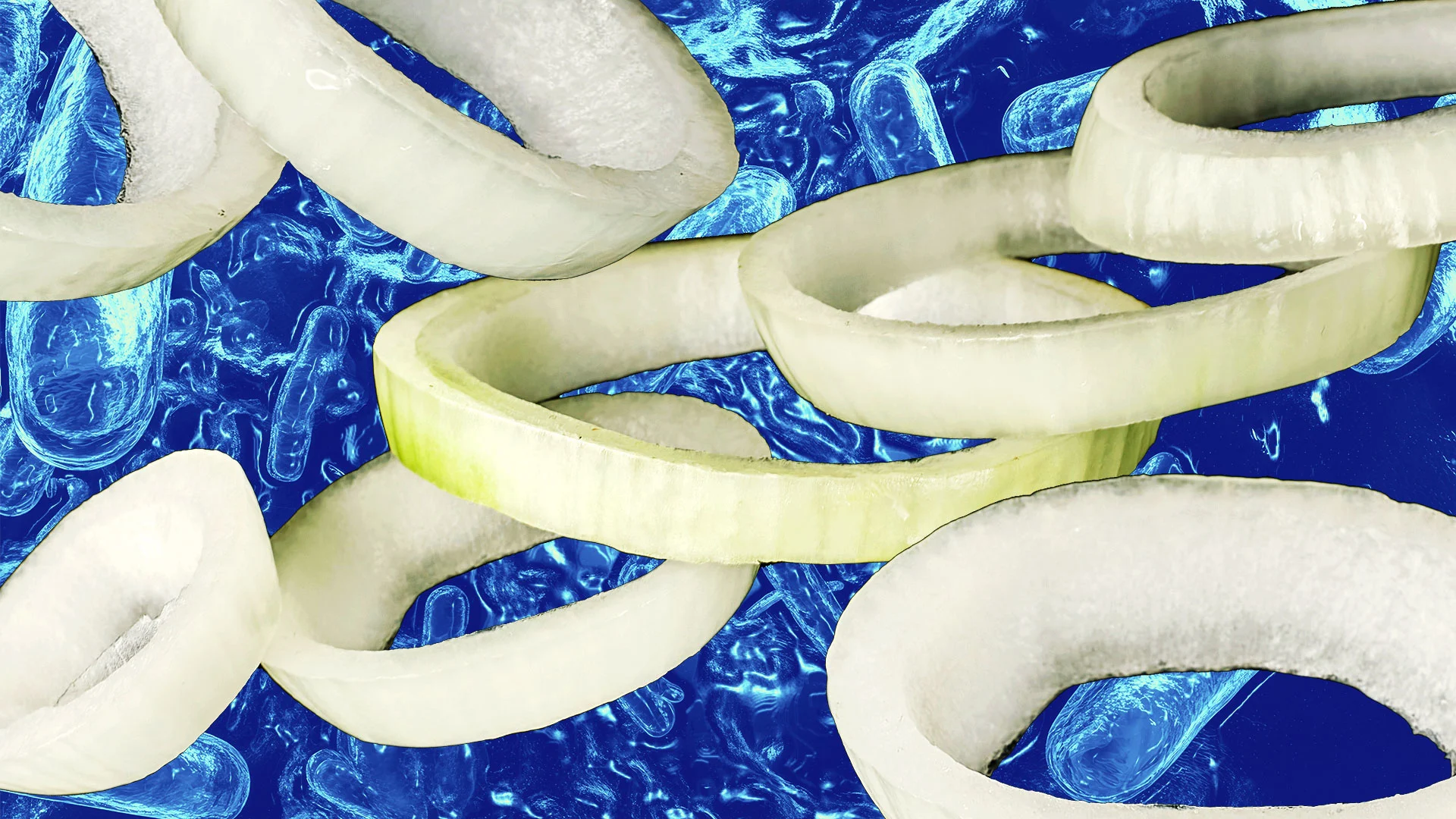The McDonald’s E. Coli outbreak that roiled the company’s stock earlier this week is having a knock-on effect on its fast-food competitors when it comes to taking precautionary measures. Here’s the latest on the McDonald’s E. Coli crisis:
The source of the outbreak is still unconfirmed
As of the time of this writing, the Centers for Disease Control and Prevention (CDC) still has not pinpointed the exact source of the McDonald’s E. Coli outbreak. What is known is that numerous people became sick after many of them reported eating a Quarter Pounder sandwich from the fast food chain.
The CDC still says there have been 49 cases of illness, with 10 hospitalizations and one death. Right now, the CDC is looking at two main culprits: the beef patties of the Quarter Pounders themselves or the onions used as an ingredient in the burger.
In an October 23 update, the CDC said McDonald’s has now removed both the beef patties and slivered onions used in its Quarter Pounders in 12 states. In four of those states—Colorado, Kansas, Utah, and Wyoming—the patties and onions were removed from restaurants state-wide. In the remaining eight states—Idaho, Iowa, Missouri, Montana, Nebraska, Nevada, New Mexico, and Oklahoma—the ingredients were only removed in certain portions of the states.
However, McDonald's isn’t the only fast food restaurant that has removed onions from some of its stores. Other competitors are taking similar measures.
Burger King, Taco Bell, and more remove onions from the menu, too
Given that an E. Coil scandal can not only cause harm to people but can sink a company's financials, it appears that McDonald’s competitors are taking any steps they can to mitigate an E. coli threat at their stores.
As CNBC reported earlier, multiple McDonalds competitors have now pulled onions from some of their stores. Yum Brands, which owns Taco Bell, Pizza Hut, and KFC, has pulled fresh onions from some of its stores.
Reached for comment by Fast Company on Friday, Yum confirmed the move. "As we continue to monitor the recently reported E. coli outbreak, and out of an abundance of caution, we have proactively removed fresh onions from select Taco Bell, Pizza Hut and KFC restaurants," a spokesperson said in a statement. "We will continue following supplier and regulatory guidance to ensure the ongoing safety and quality of our food. "
And Yum Brands isn’t the only fast food conglomerate taking precautionary measures. Burger King, owned by Restaurant Brands International Inc., has also pulled onions from some U.S. stores.
"Burger King only uses whole, fresh onions and our team members then cut them, peel them, wash them and slice them fresh in our restaurants every day," a spokesperson told Fast Company. "Despite no contact from health authorities and no indications of illness, we proactively asked our 5% of restaurants who received whole onions distributed by this facility to dispose of them immediately two days ago and we are in the process of restocking them from other facilities."
Of course, it’s still important to reiterate that the pulling of onions doesn’t mean consumers are safe from any E. Coli outbreak as onions have not been confirmed to be the definitive source of the outbreak yet.
Competitors' stock prices holding steady
While McDonald’s stock price (NYSE: MCD) has taken a small beating since the news of the E. Coli outbreak—its shares are down just over 4% in the past week—its competitors' stock prices seem to be unaffected by the outbreak so far, despite news of their precautionary measures.
As of the time of this writing, Yum Brands (NYSE: YUM) shares have been relatively flat over the past five days, down just 0.6%. And Restaurant Brands International Inc. (NYSE: QSR) shares are actually up in premarket trading this morning by 2.8%. Over the previous five days, QSR’s share price has increased about 1.5%.
News surrounding this outbreak continues to change. We'll keep following this fast-moving story for updates.
This story was updated with responses to our inquiries from Yum and Restaurant Brands.
The application deadline for Fast Company’s World Changing Ideas Awards is Friday, December 6, at 11:59 p.m. PT. Apply today.
